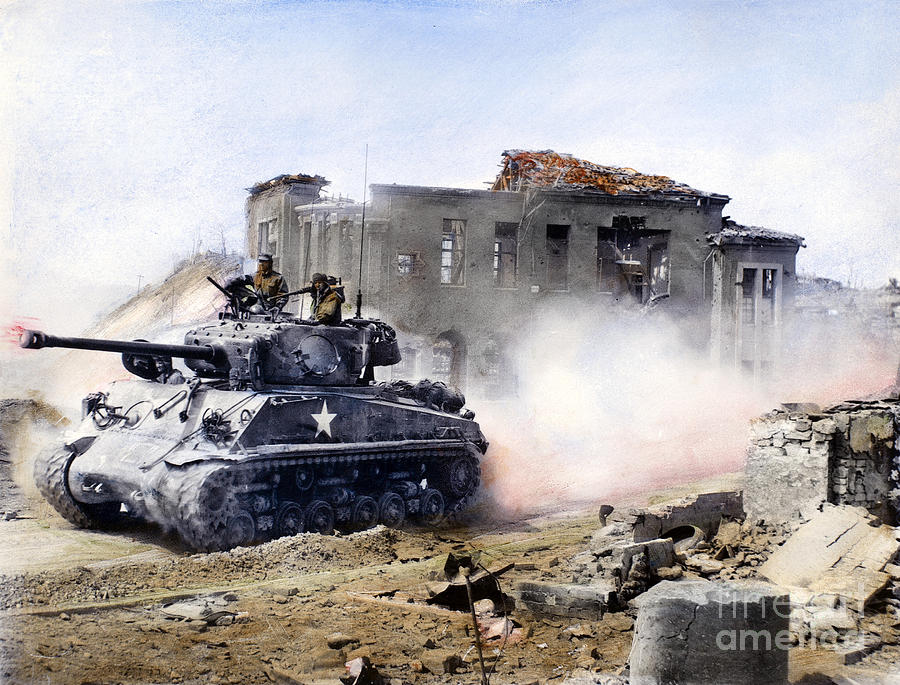

The stand of the Gloucestershire battalion, together with other actions of the 29th Brigade in the Battle of the Imjin River, has become an important part of British military history and tradition. "Though minor in scale, the battle's ferocity caught the imagination of the world", especially the fate of the 1st Battalion, The Gloucestershire Regiment, which was outnumbered and eventually surrounded by Chinese forces on Hill 235, a feature that became known as Gloster Hill.

It is often known as the "Battle that saved Seoul." When the units of the 29th Infantry Brigade were ultimately forced to fall back, their actions in the Battle of the Imjin River together with those of other UN forces, for example in the Battle of Kapyong, had blunted the impetus of the PVA offensive and allowed UN forces to retreat to prepared defensive positions north of Seoul, where the PVA were halted. Despite facing a greatly numerically superior enemy, the brigade held its general positions for three days.

The section of the UN line where the battle took place was defended primarily by British forces of the 29th Infantry Brigade, consisting of three British and one Belgian infantry battalions ( Belgian United Nations Command) supported by tanks and artillery. The attack was part of the Chinese Spring Offensive, the aim of which was to regain the initiative on the battlefield after a series of successful UN counter-offensives in January–March 1951 had allowed UN forces to establish themselves beyond the 38th Parallel at the Kansas Line. Troops from the Chinese People's Volunteer Army (PVA) attacked United Nations Command (UN) positions on the lower Imjin River in an attempt to achieve a breakthrough and recapture the South Korean capital Seoul. The Battle of the Imjin River ( Filipino: Labanan sa Ilog Imjin), also known as the Battle of Solma-ri ( Korean: 설마리 전투) or Battle of Gloster Hill ( 글로스터 고지 전투) in South Korea, or as Battle of Xuemali ( Chinese: 雪马里战斗 pinyin: Xuě Mǎ Lǐ Zhàn Dòu) in China, took place 22–25 April 1951 during the Korean War.


 0 kommentar(er)
0 kommentar(er)
